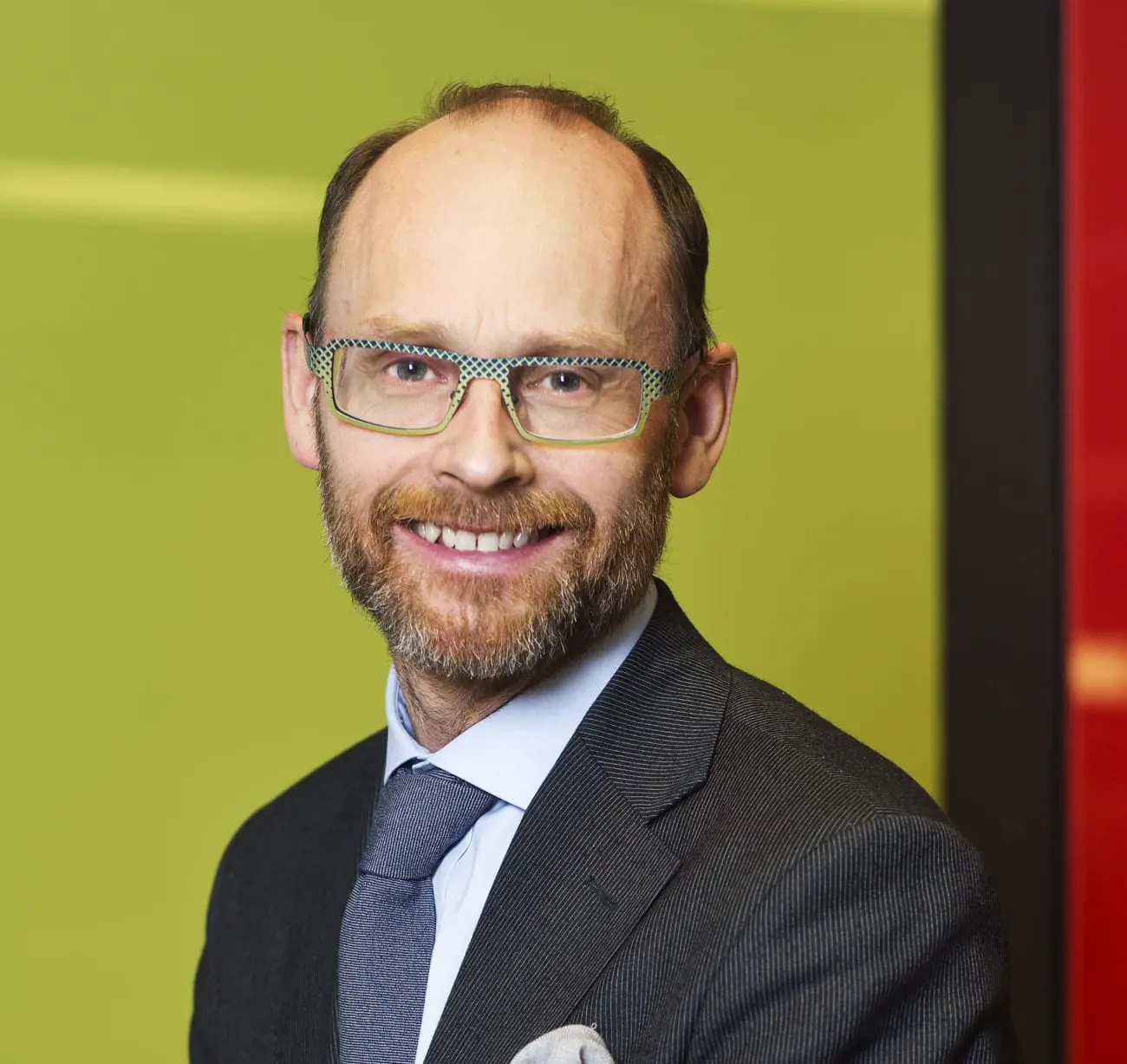Don't call it a comeback: Part 2
In the second part of iGamingBusiness.com's interview with Lindwall he discusses the future of NetPlay TV, stricter regulations across Europe, and growth prospects in newly regulated markets such as Sweden and the Netherlands.

In the second part of iGamingBusiness.com's interview with Lindwall he discusses the future of NetPlay TV, stricter regulations across Europe, and growth prospects in newly regulated markets such as Sweden and the Netherlands. Read part one of the interview here.
NetPlay and regulation Perhaps the only blot on Lindwall’s record in his third stint as CEO was that he was unable to turn NetPlay TV around. Acquired for £26.4m in 2017 – at a time when many would have said the business was in dire straits – it failed to grow under Betsson’s ownership. This culminated in all NetPlay’s television contracts being ended, and its London office closed. Around 40 staff had their roles placed under consultation, with Betsson talking to employees about opportunities at its Malta base. “NetPlay was a result of both external and internal factors,” Lindwall says. “I think we didn’t get the traction we expected on some of the marketing initiatives, which means you need to back off and rethink. “There have also been changes in the UK market which affect your profitability and how you operate in that market. And of course we have to adapt to those changes.” However, he denies regulation will stunt future growth: “I think that the gaming industry will be more tightly regulated as a whole in Europe, which we can see with more territories introducing regulatory frameworks,” he says. “When that happens I believe the bigger, stronger companies that have the resources will succeed. “These are the ones that can be compliant in as many territories and have the technical capacity to handle that. We’re licensed in 12 jurisdictions, and have good machinery to handle multiple regulatory models. Our view is that not only Europe but the rest of the world as well, will go in the same direction of local regulation and taxation, and it’s the companies with organisations built to handle this model that will be the ones able to serve these complex markets. “Even though it’s tough, it’s good for us,” he adds. Going Dutch Ultimately, he says, European regulators do tend to move in the right direction, favouring an open regulatory model over restrictive frameworks in markets such as Norway, which is in the process of cracking down on offshore operators. In the Netherlands, where the Senate has passed igaming legislation after almost three years of delays, Lindwall says he is pleased that the market is finally set to open, despite admitting concerns about the so-called ‘cooling-off period’ for operators active in the market before the framework comes into place. “We acquired the Dutch brands based on the general view that the Netherlands was about to regulate. Now that it’s taken longer than expected, now we see the process moving in the right direction, we think it’s great,” Lindwall says. “It’ll probably take another one and a half to two years before the legislation is fully operational and we look forward to seeing it introduced. "Regarding the cooling-off period, it remains to be seen what that will contain and how that will be used,” he says. “It’s too early to comment on it.” He’s equally relaxed about restrictive elements of other regulated markets, such as Sweden’s single bonus per player framework. This, Lindwall says, is different from other markets, but as it’s enforced across all operators, he’s happy to “live with it”. After all, there’s still work to be done – the ‘back on track’ plan has a few months left to run, and having lost key executives in Bengtsson and Silfverberg, Lindwall is now building a new team. Underway since 2017, this has seen Betsson Malta chief commercial officer Jesper Svensson promoted to interim, then permanent, CEO of the division. In addition, Kaaren Hilsen joined as finance chief, before departing for a role with telecommunications giant Telenor (“she got a fantastic offer, and it was just a great career move for her,” Lindwall says). Peter Zäll was also lured from Svenska Spel as chief strategy officer. Most recently, it poached high-profile Swedish technology executive Peter Frey from Bonnier News to take on the dual roles of chief technology and product officer. This appointment was a particularly big coup - Frey is credited with helping Swedish newspaper Aftonbladet become the country’s most visited website, which in turn led to him being poached by Bonnier. Lindwall is putting together a team of heavy hitters to lead Betsson into the future. Yet considering he is in his third stint as chief executive of Betsson, having previously worked for Cherry since 1991, it’s natural to enquire about his future. Lindwall also made the not-insignificant move of founding a games developer called NetEnt in 1996. His legacy in the industry is assured, so does he think about stepping back once again? Not a chance. “I’m now the [permanent] group chief executive, and the board has expressed that they are happy seeing me as CEO of the company,” he says. “So this is a permanent solution, as much as permanent solutions for C-level positions exist. This is my job right now and it’s what I enjoy doing.”